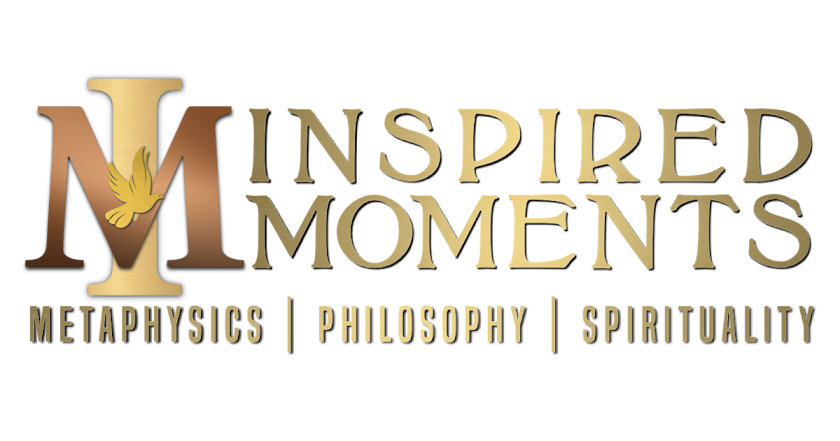Abraham The Foundation of Three Faiths
The Bible tells us that around 2200 BC, Abraham lived and founded the Hebrew people. This, straight from the first book of the Bible - Genesis. What our modern day Historians, Archaeologists, and Scholars tell us - is vastly different. In fact, most will agree that Abraham probably never really existed. It’s merely a word play taken from Brahman, and a story wrapped around it giving the Hebrews a rich and abundant history as any people would like to have had.
At first glance, the story of Abraham and his family seems real enough. The cities, places, rituals and peculiarities of everyday life Genesis describes - they all really pretty much existed at one time or another. But theologists, historians and archaeologists have found that on closer inspection, the story of Abraham doesn’t hold water. Most serious bible researchers have concluded that we shouldn’t take it literally. It’s a beautiful story - but a story it is. As are most, of not all of the Bible stories. They are myths and allegories to set up a deeper spiritual Truth hidden within the parable.
For starters, the Abraham epic is full of errors. The bible repeatedly tells us that Abraham possessed camels (Gen 12:16, Gen 14:10). Yet Abraham lived 1,300 years before camels were domesticated. In Genesis 37:25, Abraham’s son Joseph is sold to a caravan of camels ‘loaded with spices, balm and myrrh’ on its way to Egypt. But trade in these goods only blossomed 1,200 - 1,300 years later. And there are many more mistakes like this. In Genesis 14:14, Abraham chases four kings to the city of Dan – a city which according to the bible itself was founded only a thousand years later (Judges 18:19).
Abraham is said to have lived among the Chaldeans (Gen 11:31) and the Philistines (Gen 21:34). But both peoples weren’t around yet. And how about Abraham’s son Isaac visiting the city of Gerar? (Gen 26:1) You guessed it - Gerar didn’t exist yet. According to the bible, Abraham lived about 2,200 BC: the time when Stonehenge was built and the pyramids were relatively new. Most serious researchers realise that Abraham never existed as a real literal historical personage. We know nothing about individual people who lived back then. Abraham would make an incredible exception.
Genesis gives us even the tiniest details about Abraham’s life and times. It quotes him. It tells us all about his dad Terach, his brothers Haran and Nachor, his wife Sarah, his mistress Hagar and his sons Ishmael and Isaac. Of course, it is more likely the story of Abraham was invented much, much later. As the Dutch journalist and writer Marcel Hulspas put it:
“Abraham’s story is so vivid and rich in details that it seems as if in Genesis, suddenly a powerful light torch is lit that pierces forty centuries of darkness to unexpectedly give us a clear view on one individual human life. Not the life of a king, but that of a simple kettle herder.”
Abraham’s story reflects other, older myths from earlier civilizations and peoples. Also, loosely based on the Hindu Brahman. At best, Abraham’s story may contain some loose elements out of the lives of other legendary people that really did exist. In that respect, Abraham would be much like King Arthur or Santa Claus - one percent truth, but 99 percent myth.
So then, why do we find it in the Bible and why is this the man that all three Abrahamic faiths are based upon? According to leading Jewish Bible archaeologists, Israel Finkelstein and Neil Silberman, it has to do with politics. Most likely, it was witten later on as a ‘literary attempt to define the unity of the people of Israel.’ It gave the Israelites a mighty and heroic history, a ‘pious past’. The Abraham epic assured everyone - you have a right to be here, because God has been friends with you for over a thousand years already.
For the ancient Hebrews, once a wandering nomadic tribe perhaps having called the Hibiru’s, they went from polytheistic peoples, to co-mingling with the Assyrians, the Babylonians, the Persians, the Greeks, The Egyptians, Buddhists, Hindu’s, and all the other faith systems that had influence over the ancient people of the day, and over the course of time, developed their own stories based upon others. This becomes more evident when you translate scripture back into the Greek and Hebrew and find the names and meanings of the people, places, and stories. There were all symbolic, with deeper allegorical meaning. Teachings within stories that may or may never have happened. Sometimes, it’s not about the story, but about the lesson contained within it.
It is most unfortunate that over the courses of the past two millennia, the world has continued to spin and endless web of war and destruction based on competing religions that more than likely are based on events and peoples that never were. Whether it be Abraham, Moses, Jesus/Joshua, Muhammad, or any other religious figure, more than likely, much of what has been recorded has been fabricated … or at the very least rewritten, revised, and reedited multiple times among multiple languages and power struggles.
The bottom line is that ALL religious leaders from among ancient times preached love, peace, and joy. Where has that message gone so terribly wrong?
I will close this with a quote from Joseph Campbell:
“A Myth is something that never was, yet always is.”
Just a thought …
~Justin Taylor, ORDM., OCP., DM.
Thanks to Israel Finkelstein and Neil Asher Silberman: “The Bible Unearthed”
